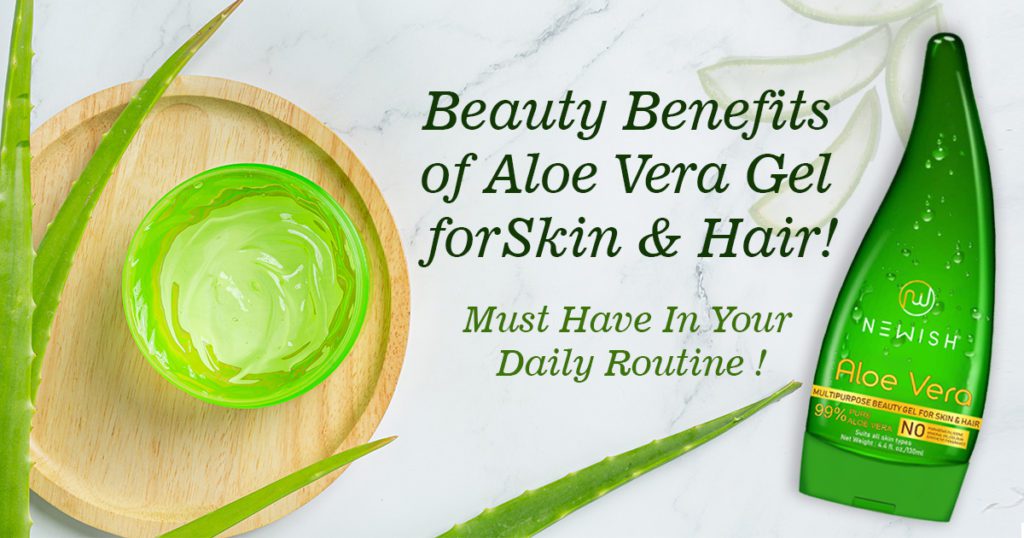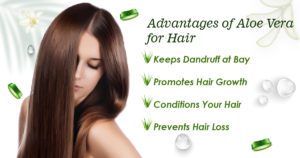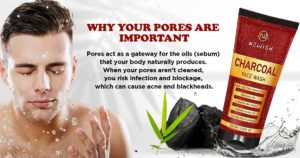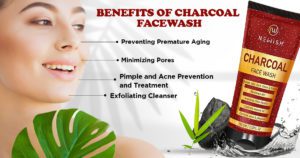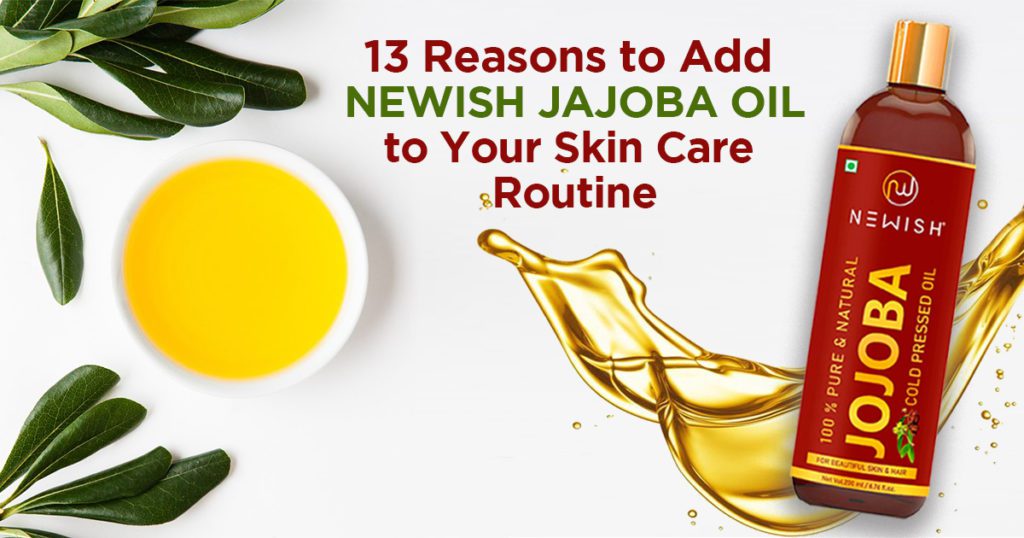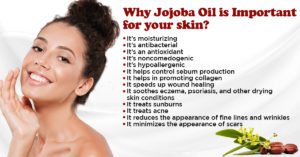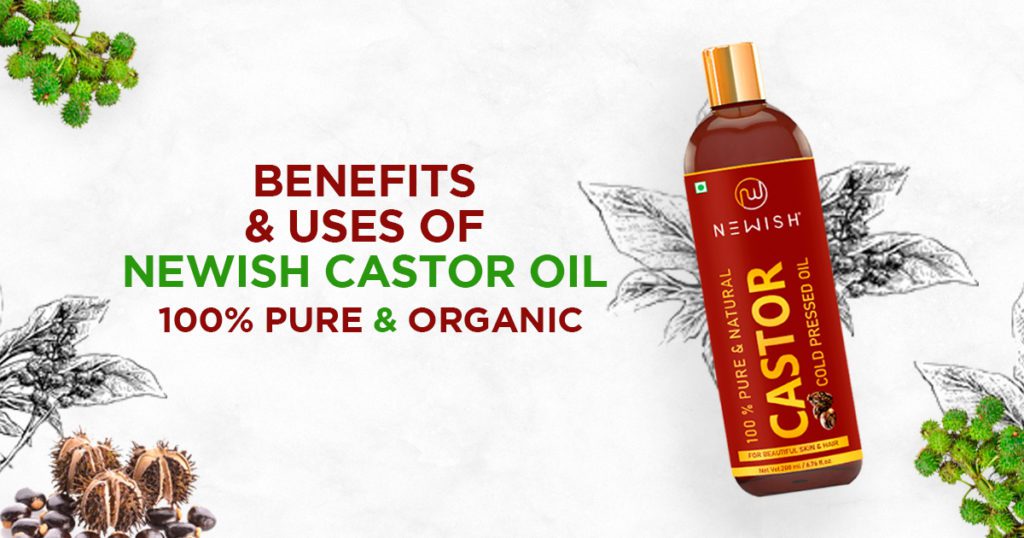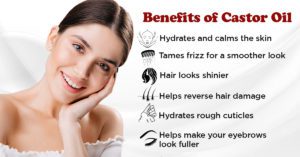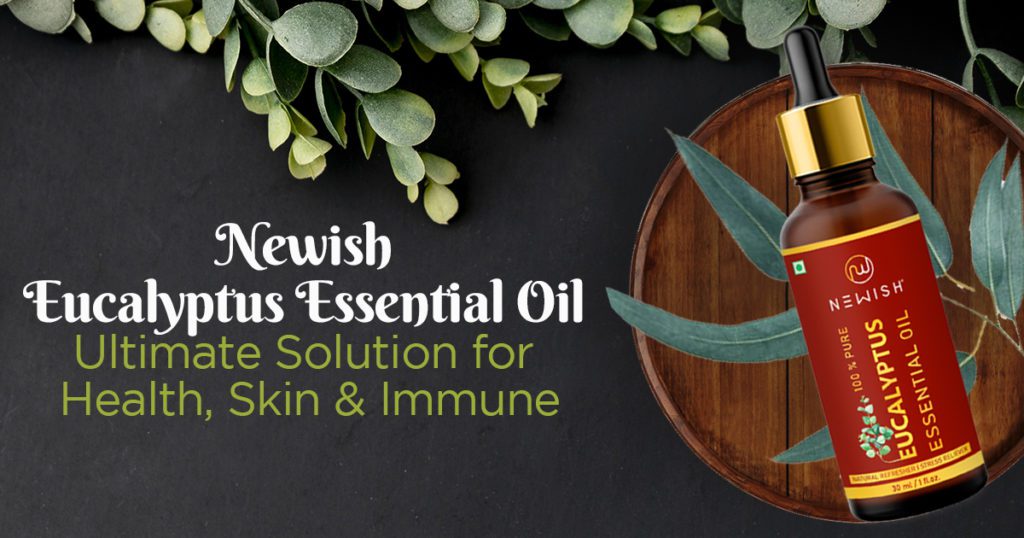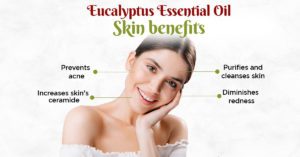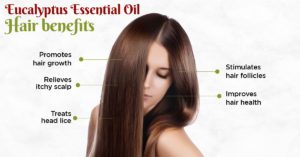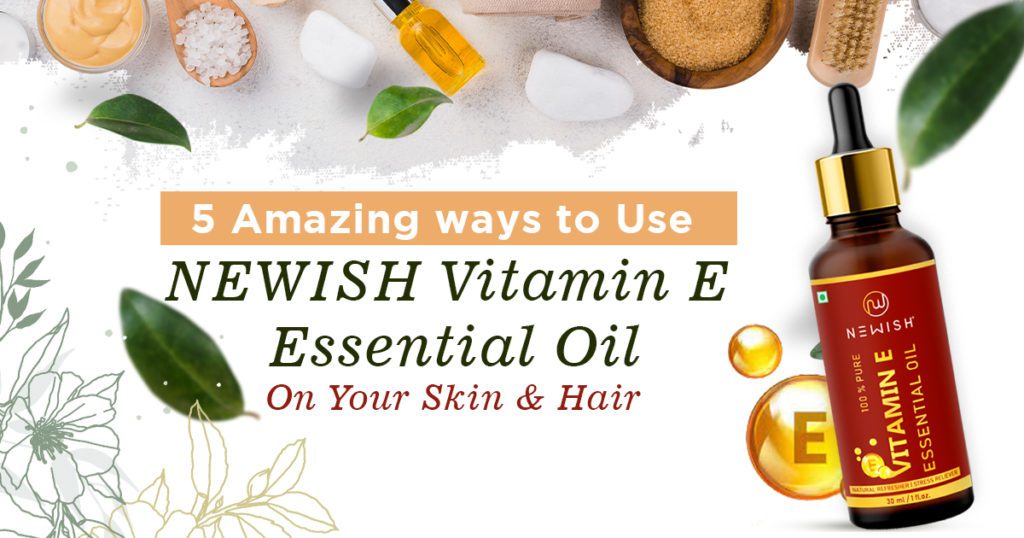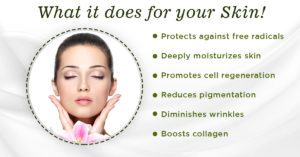Beauty Benefits of Aloe Vera Gel for Skin & Hair! Must Have in your Daily Routine!
Aloe vera is a famous plant found in Indian families. In case you are searching for a house plant that is not difficult to care for and keep inside, then, at that point pick aloe vera gel Known and adored for its restorative and magnificence properties, you will discover aloe vera is the hidden gem that treats acne, pimples, rashes, blemishes, hairfall, dandruff and even cancer. So for what reason would it be a good idea for you to incorporate this aloe vera gel into your skincare and hair care and health care schedule? Find the best one for yourself from the shelf of Newishkart.
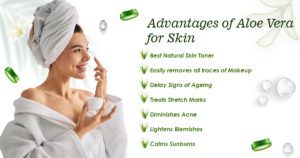
Advantages of Aloe Vera for Skin
Aloe vera does a lot of incredible things for your skin. You can either blend it in with different ingredients or utilize just aloe vera gel to make a stunner item for your skin. In addition to the fact that it offers exceptional hydration to the skin, yet it additionally keeps your skin hydrated, brilliant and graceful. Here’s a rundown of the advantages of aloe vera for skin.
Best Natural Skin Toner
You know when Aloevera is combines with water and green tea it works remarkably as a toner. How compelling is it, you inquire? Just take Newish Aloevera gel with Neem & Tulsi and dilute it with water to obtain the perfect toner for your skin. All things considered, it fixes skin pores, decreases redness and reduces excess oil, dust and grime. For every type of skin, this toner is ideally suited for you.
Easily removes all traces of Makeup Residue
One of the magnificence advantages of aloe vera for the face is that it removes cosmetics buildup and microscopic organisms on the skin. You don’t have to put resources into a costly cosmetics remover when you can make one at home utilizing Newish aloe vera gel and olive oil. In contrast to most cosmetics removers, this one has no synthetic compounds and won’t dry your skin out.
Delay Signs of Ageing
Other than restoring your skin, it detoxes your skin and boosts collagen. Also tightens and brightens skin. But now you are worried that how to use aloe vera on face for ageing benefits. But fret not we are here with the best Newish Aloe Vera gel with Turmeric and Aloe vera gel with rose to impart youthful skin if you do regular massage.
Treats Stretch Marks
Skin extends when age, pregnancy or quick weight acquire happens – which leads to extend marks. On the off chance that you have Newish’s Aloe Vera gel close by, it could deal with this issue for you! Simply apply it over your stretch marks two times a day, and you will see positive outcomes within a few days.
Diminishes Acne and Lightens Blemishes
One of the principle reasons you should check aloe vera for skin out is on the grounds that it decreases skin inflammation and acne. To bring the clarity to your face incorporate Newish aloevera gel with neem and tulsi for acne and pimples. Because of neem’s easing up properties, and aloe’s gibberellins and auxins, skin inflammation and imperfections ease up over the long run.
Calms Sunburns
Are you always utilizing aloe vera gel on the skin during summer? Since it is calming to the skin and decreases irritation. It protects the skin from harmful sun rays and repairs the damaged skin. Not to fail to remember aloe vera has a hydration property that keeps skin moisture.
Advantages of Aloe Vera for Hair
Since you realize how to utilize aloe vera on your skin, you can likewise gain proficiency with the advantages of aloe vera for hair. Let’s witness the amazing benefits of Aloe Vera for hair.
Keeps Dandruff at Bay
Dandruff can happen because of different reasons. A slick scalp, unwashed strands, aggregation of dead skin cells, sweat or even a contamination can make dandruff happen! Newish Aloevera gel can take care of that hair issue of yours. It will purify your scalp and dispose of dead skin cells all the while. Not to neglect, it contains antimicrobial and calming properties which assist with battling any contaminations on the scalp.
Promotes Hair Growth
By conveying a few nutrients and minerals to the scalp, aloe vera helps support hair development. Use it as a hair mask or cleanser to fix harmed skin cells on the scalp, and work on your hair’s flexibility. You need to attempt it to trust it!
Conditions Your Hair
Did you realize that you can utilize aloe vera as a hair conditioner as well? Aloe vera for hair saturates the strands, adds volume to the hair, and works on its surface. Since the gel is liberated from synthetic substances, it makes a fab showing with purifying the scalp, re-establishing shine and making the locks better.
Prevents Hair Loss
In addition to the fact that Aloe vera forms a defensive layer over each strand of hair, yet it likewise guards your hair from environment stress and prevents hair loss in a few uses.
At last but not the least, if you are struggling to treat your skin and hair issues and Newish Aloe vera gel is the best for your issues.
We are also having Aloe vera gel with Neem & Tulsi
Aloe vera gel with Turmeric
Aloe vera gel with Rose
Choose your favorite one and till then keep reading and comment your suggestions below!




